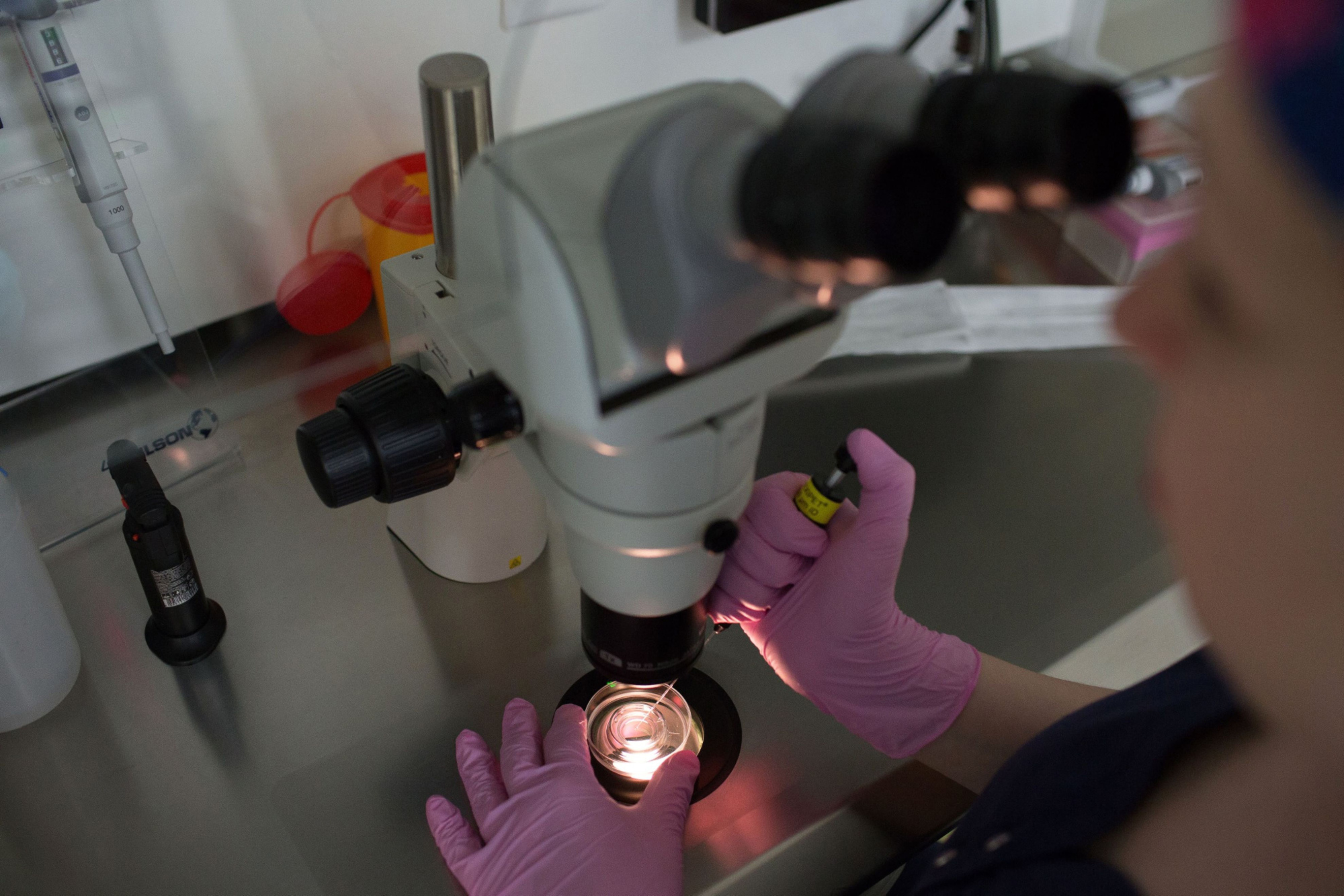Biologists recently revealed a new form of the gene-editing tool known as Crispr that allows researchers to make precise changes to almost any element of DNA, permanently altering cellular biochemistry. It could help treat tens of thousands of diseases linked to variations in a single gene and lead to the creation of better antibiotics.
The latest development, called prime editing, is more accurate than older Crispr methods, which sometimes alter genomic DNA in the wrong places. The new method will be a boon to the least contentious kind of gene editing — gene therapy — which introduces genetic changes only within the body's somatic or nonreproductive cells. One such method is already in clinical trials to treat Huntington's disease, in which a genetic mutation leads to production of an abnormal protein in brain cells.
As gene-editing technology races ahead, scientists are agonizing over ethical issues. How, for example, can they ensure that treatments don't cause more problems than they fix? Some genetic variants that seem clearly beneficial — lowering the risk of heart disease, for example — could have other harmful effects we don't yet know about. A far bigger concern is the prospect of editing germ-line cells, so that altered DNA gets passed on to future generations, forever changing our collective human genome.


















With your current subscription plan you can comment on stories. However, before writing your first comment, please create a display name in the Profile section of your subscriber account page.